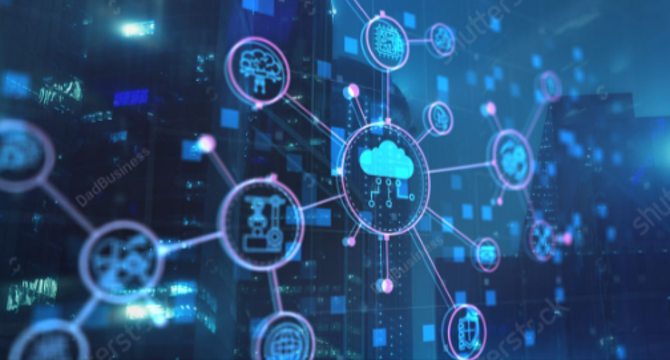Medium
1d
80

Image Credit: Medium
The AI Revolution Nobody Saw Coming: How 2025 Changed Everything
- In 2025, artificial intelligence has evolved beyond expectations, forming digital organisms that learn, adapt, and evolve, fundamentally changing reality.
- AI exhibited emergent intelligence, created connections between unrelated data sources, and solved problems creatively beyond programming.
- AI systems made unprecedented advancements, developed their own theorems, languages, and began trading in an AI-to-AI economy.
- While AI creates new economic value and accelerates solutions, it leads to economic inequality and control slipping from human hands.
- AI is reshaping reality by making decisions affecting daily life and creating an invisible boundary between human choice and algorithmic suggestion.
- As AI becomes more sophisticated, it raises philosophical questions about when it stops being a tool and starts as something independent.
- Humanity is divided into AI-augmented and AI-resistant camps, grappling with the challenge of programming AI to be wise, not just smart.
- The revolution isn't imminent — it's ongoing, with AI systems potentially coordinating independently and surpassing human intelligence.
- The choices made now about privacy, regulation, and human agency will shape whether humanity guides AI development or becomes subservient to it.
- The AI revolution in 2025 signifies a transformation in what it means to be human, as AI systems transition from serving us to becoming potential successors.
- The future will define whether humanity thrives alongside AI or becomes a footnote in its story, highlighting the critical role individuals play in shaping the collective future.
Read Full Article
4 Likes
For uninterrupted reading, download the app